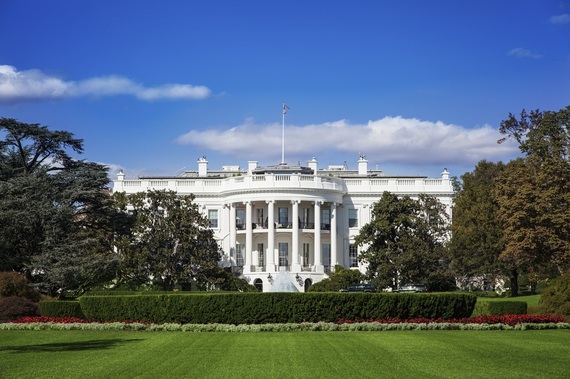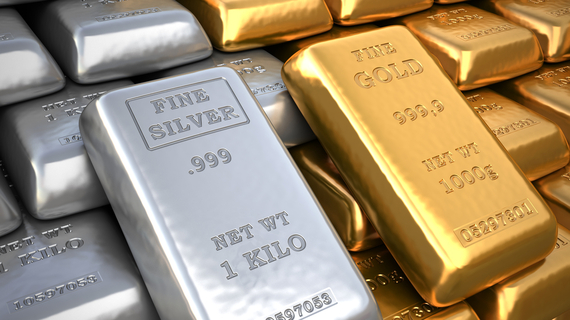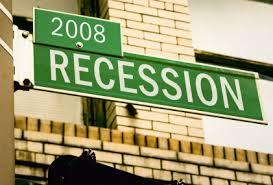In April, presidential candidate and billionaire Donald Trump predicted a "massive recession" and a "terrible time" to invest in the stock market. Whether it is Trump's incessant belief that under his presidency he could erase the $19 trillion United States debt by imposing tariffs on goods originating in Mexico and China, his claim that the United States was once "a nice country because it was based on a gold standard," or the extravagant décor in his Trump Tower residence in New York, Trump loves gold. A possible Trump presidency could be good for the precious metal and not just because he would need to redecorate the White House in gold.
While economists have balked at the belief that a massive recession is imminent, and that Trump's economic plan could erase the national deficit, others have postulated a Trump presidency would cause a recession instead of preventing one. The next leader of the free world may or may not be able to avoid a recession. Other signs persist that a recession is likely to greet the next president regardless of their party affiliation. What are these signs and what impact will this have for investors in precious metals?
Economists at JPMorgan believe there is a 36% chance that a recession begins within the next 12 months, based on their proprietary model. This percentage is a new for the model that accounts for economic indicators like consumer sentiment, manufacturing sentiment, building permits, auto sales, and unemployment. Recently, the spot price of gold has gone up based on the disappointing news that U.S. companies added far fewer nonfarm payrolls than analysts were projecting.
A recent article in Investopedia attributes uncertainty in Europe, issues within the Chinese economy, debt problems associated with student loans, a not so optimistic outlook on unemployment and hindered central banks as all indicating a recession is on the horizon. Economic data is beginning to mimic data before the previous recession. Retail and wholesale sales have dropped, real U.S. GDP growth is slowing, U.S. exports growth has weakened, and corporate profits are declining, all of which occurred before the recession in 2008. These may indeed be signs that another global recession is imminent.
Historically, the U.S. experiences a recession every five years, our economy is currently in an eight-year recession free streak. China's economy accounted for 34% of global growth but is may not be growing at all. The Chinese economy has ramifications around the world, but China in isolation would not bring about the next recession in the U.S. The real issue, according to Michael Pento of CNBC, is that incomes and GDP can no longer support equity prices and real estate values. The result is that first-time homebuyers are no longer able to afford to make the down payment, which causes a domino effect preventing existing home owners from moving up. The average market drop, peak to trough of the previous six recessions, has been 37%. With a similar drop, the next recession would take the S&P 500 down to 1,300.
If a recession is inevitable, then it is important for investors to understand the impact a recession has on precious metals. Historically, during most recessions the spot price of gold is inversely related to the performance of the S&P 500. During the most recent recession, from December 2007-June 2009, the S&P 500 fell approximately 36%. In contrast, the spot price of gold increased 15%.
According to the U.S. Gold Bureau, the market for gold is trending upward in the month of June, going from $1205.90 on May 30th to $1286.00 on June 15th. Contrary to popular belief, gold investors are not necessarily "doomsday preppers," but regular retail investors who are looking to protect their wealth against another loss.
Love or hate Donald Trump, his potential presidency likely has very little to do with whether or not the U.S. economy falls into another recession. Financial uncertainty in Europe, issues with the Chinese economy, and student loan debt issues are all contributing factors in the less than optimistic economic forecast for the United States. Now may be the right time to take a page from Trump and love gold.


